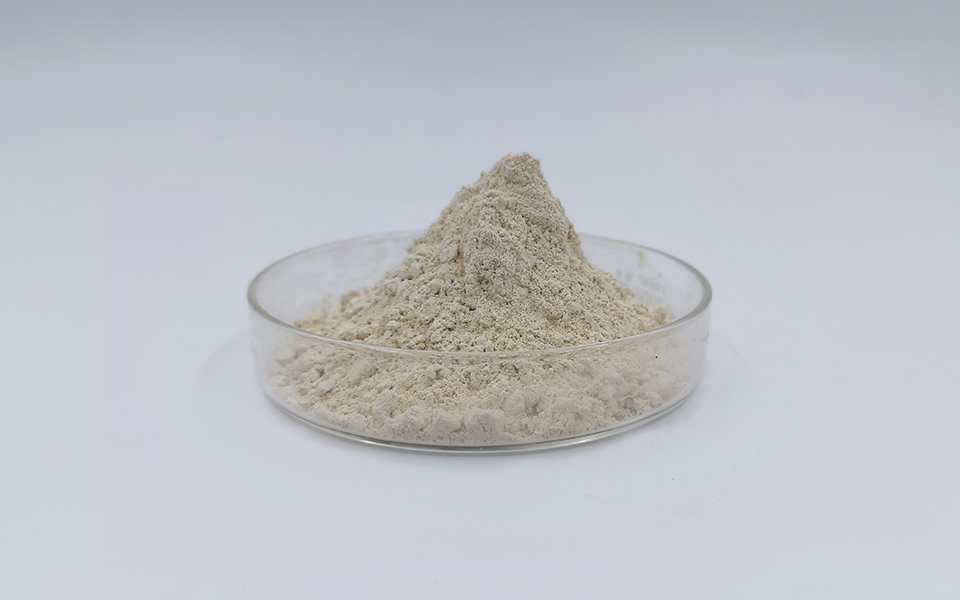
Mastering Set Control: How Gypsum Retarders Enhance Modern Building Materials
In the evolution of sustainable building materials across Europe, gypsum stands out for its fire safety, humidity regulation, and versatility. However, its inherent rapid setting nature poses a significant challenge for industrial production and quality application. This is where gypsum retarders become indispensable. By precisely controlling the setting time, they unlock the full potential of gypsum, ensuring efficiency and superior finishes.
Understanding the Chemistry: How Do Gypsum Retarders Work?
Gypsum retarders work by adsorbing onto the nucleation sites of dihydrate crystals, slowing down their growth and interlocking. This mechanism delays the hydration reaction from hemihydrate to dihydrate, keeping the mix workable for a tailored duration—critical for modern construction processes.

Precision in Practice: Applications of Gypsum Retarders Across Industries
1. Gypsum Boards & Blocks: The Pacemaker for Industrial Production
-
Context: Paper-faced and fibre-reinforced gypsum boards, partition blocks.
-
The Challenge: In highly automated production lines, from slurry mixing and spreading to forming and cutting, each step has a strict time window. Too fast setting causes poor formation, rough edges, and weak spots; too slow reduces throughput.
-
The Retarder Solution:
-
Synchronising with Production Speed: Retarders adjust initial and final set times to match the line's rhythm, ensuring proper fluidity for casting and sufficient green strength for precise cutting.
-
Ensuring Final Product Integrity: A controlled set curve allows for the development of a strong, interlocked crystal structure, guaranteeing key metrics like flexural strength and load capacity meet EN standards.
-
2. Gypsum Plasters (Machine & Hand Application): Ensuring Quality on Site
Gypsum plasters are a primary application, with formulations for specific needs:
-
Basecoat Plasters: For wall and ceiling levelling. Retarders adjust the initial set to 70-90 minutes for manual application and 35-55 minutes for mechanical projection, allowing ample time for ruling and smoothing, thus preventing cracks and poor adhesion.
-
Finish Coat Plasters: For thin, smooth surfaces. Retarders ensure an initial set exceeding 60 minutes, maintaining workability for trowelling and a final water-polish to achieve a perfectly smooth, ready-to-decorate surface.
-
Thermal Insulating Plasters: Contain lightweight aggregates. Retarders extend the working time to around 90 minutes, enabling thorough application and compaction to achieve a bond strength > 0.5 MPa, crucial for preventing delamination of insulation layers.
3. Gypsum Moulds and Artistic Casting: The Guardian of Intricate Details
-
Context: Ceramic industry moulds, sculptures, decorative cornices.
-
The Challenge: Complex shapes demand excellent fluidity, precise replication, and a bubble-free surface. Rapid setting traps air, misses details, and causes internal stresses.
-
The Retarder Solution:
-
Perfect Mould Filling: A significantly extended set allows the slurry to fill every detail of intricate patterns.
-
Bubble Release & Stress Reduction: A slow, controlled set enables air bubbles to escape and minimises thermal cracking, resulting in dense, high-strength, and smooth-finished moulds and artworks.
-
4. Gypsum-Based Self-Levelling Underlayments (SLU): The Master of Balance
-
Context: Floor levelling compounds.
-
The Challenge: These materials must be highly fluid (flow > 250mm) to self-level, then gain strength rapidly to allow early foot traffic. This requires exquisite control over the setting process.
-
The Retarder Solution:
-
Synergy with Accelerators: This is key. Retarders provide a sufficient 20-40 minute open time for mixing, pouring, and spreading. Their effect then diminishes, allowing accelerators to dominate for a rapid set and early strength development.
-
Achieving "Flow and Go": This precise phasing resolves the conflict between workability and early performance, enabling efficient large-scale and mechanical application.
-
Conclusion: The Indispensable Role of Precision Set Control
From factory floors to construction sites and artisan workshops, gypsum retarders are fundamental to modern gypsum applications. They represent not merely a slowdown but a sophisticated form of "precision scheduling" based on deep chemical understanding. Selecting and applying the right gypsum retarder is crucial for achieving product quality, optimising application efficiency, and meeting the high performance standards expected in the European building sector.
Yuanlian Chemical specializes in the production of polyaspartic acid (PASP),tetrasodium iminodisuccinate(IDS), GLDA, MGDA etc. with stable quality and excellent quantity!





Contact us